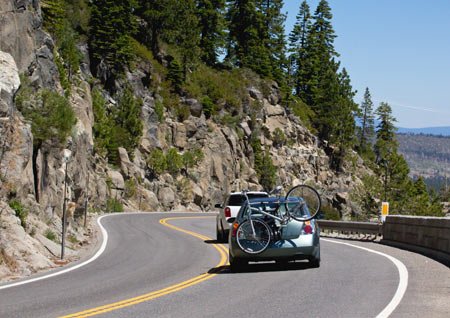NEW VEHICLE DAMAGE REPAIR STANDARD IS PUBLISHED
Published by Gbaf News
Posted on December 17, 2014
3 min readLast updated: January 22, 2026

Published by Gbaf News
Posted on December 17, 2014
3 min readLast updated: January 22, 2026

BSI, the business Standards Company has published BS 10125 Vehicle Damage Repair following its successful transition from the Publicly Available Specification PAS 125 first launched in 2007 and last revised in 2011.The transition to a British Standard reflects the success and maturity of the standard, and the high level of industry consensus developed throughout the life of PAS 125. It follows strong industry support and continued commitment to achieving high quality vehicle repairs, as both business and the consumers recognize the value of conformity to the British Standard, particularly when supported by certification.
The new British Standard supports the vehicle body repair community by ensuring that work undertaken for vehicle damage repair draws on best practice from across the industry. By covering the whole repair service it helps accident repair centres differentiate themselves from their competitors and demonstrate quality, gaining confidence from their customers. It also enables them to show they are committed to the safety of their customers and other road users.
BS 10125 sets out requirements for the processes used in order to carry out safe, quality repairs to accident damaged vehicles; it has been based on PAS 125, integrating the latest in industry good practice, taking into account new technology, materials and safety implications.
Some of the areas covered by BS 10125:

New Vehicle Damage Repair Standard Is Published
BS 10125 is relevant for road vehicle bodyshops and accident repair centres, motor insurers, manufacturers of crash repair parts and components, vehicle manufacturers, road safety agencies and repair equipment manufacturers.
Dan Palmer Head of Market Development for Manufacturing & Services at BSI said: “The benefits of BS 10125 are clear for both the industry and consumers. The new British Standard builds on the success of PAS 125, helping service providers demonstrate that their repair is of high quality. It provides reassurance that the general level of service will be good, strengthening consumer confidence in the industry, particularly where the standard is supported by certification.”
The robust, staged development of a British Standard with full public consultation allowed even broader stakeholder involvement in the development of BS 10125 than had previously been possible.
Experts from the vehicle repair sector involved in the development of the standard included repairers, insurers, vehicle manufacturers, training organizations, industry bodies, auditing experts and consumer representatives. Some of the organizations involved in the consensus-based development of the new standard included: ABP – Auto Body Professionals Club, Association of British Certification Bodies, Aviva plc, Direct Line Group, Institute of Automotive Engineer Assessors, National Association of Bodyshops, Society of Motor Manufacturers & Traders Limited, Thatcham Research, The Institute of the Motor Industry, Vehicle Builders & Repairers Association and Which?
Explore more articles in the Top Stories category











